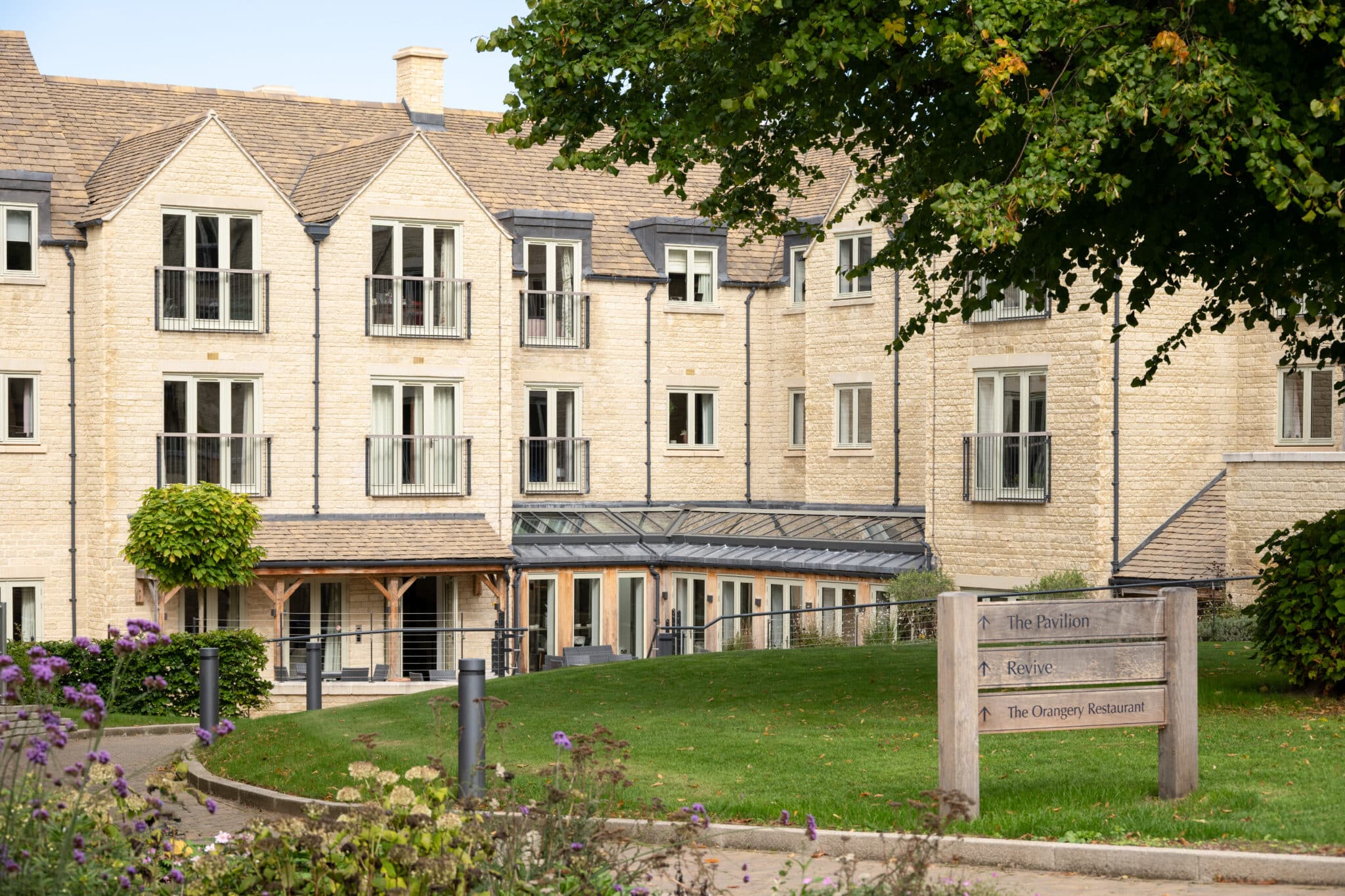
Have you retired abroad and are thinking of returning to the UK into assisted living? If you are considering moving back to the UK permanently, it is important to plan for the transition.
It has been reported that more and more expats are returning to the UK to live out their retirement in style due to the many potential advantages.
Being closer to family and friends is a key driver and feeling more at home with the removal of any language barriers and knowing your rights in a country you are from and familiar with, can be comforting as you age.
Returning to the UK as an expat and transitioning into a retirement village can be a significant change but with the right planning, we can help you make the transition smoother and more comfortable.
Here are our top tips:
Plan Ahead:
- Start planning well in advance of your return to the UK. This includes finding suitable assisted living facilities and sorting out financial and legal matters. The process can take time so make sure you give yourself plenty of it to do all the research and planning!
Research Assisted Living Facilities:
- Look for assisted living communities that offer the services and amenities you need. Visit several facilities to get a sense of the atmosphere, staff, properties and other owners. Think about the location carefully and make sure it ticks all the boxes for you.
Plan for the Future:
- Make sure that you consider your long-term needs and preferences and ensure your assisted living arrangement can adapt to changes in your health or mobility.
Budget and Finances:
- Review your financial situation and create a budget that accounts for the cost of assisted living. Consider any pensions, savings, and potential healthcare expenses that might come up.
Legal and Medical Preparations:
- Ensure your legal and medical documents are up to date. This includes your will, power of attorney, and medical directives. They are likely to have been different when living abroad, so review them carefully.
Healthcare:
- Register with a local GP (General Practitioner) and discuss your healthcare needs with them. Familiarise yourself with the NHS services and how they apply to your situation now that you are retired and potentially more vulnerable.
Downsize and Declutter
- Before your move, downsize your belongings and declutter. When moving countries, you want to be even more considered about the amount of personal items you are transporting and you’ll likely have limited space in your new living arrangement if you are downsizing.
Stay Connected:
- Hopefully you have maintained contact with friends and family at home in the UK, but if not now is the time to reconnect. Loneliness can be a challenge as you get older, so nurturing relationships is crucial.
Explore Local Amenities:
- Get to know the local area around your assisted living facility. Find nearby shops, restaurants, parks, and other amenities that you may want to visit. We have lots of guides on our website for each of our retirement villages to help you familiarise yourself with the area.
Participate in Activities:
- Most assisted living communities offer a range of activities and social events. You can engage in these as much or as little as you want but they are a great way to meet fellow owners and stay active.
Stay Informed:
- Keep up to date with changes in UK laws and regulations, especially those related to pensions and healthcare, not to mention ensuring you pay tax correctly.
Embrace the Change:
- Moving countries again can be challenging, but embrace the change and view it as an opportunity for a new phase of life.
Personalise Your Space:
- Make your new living space feel like home by personalising it with familiar belongings, photos, and decorations. You can also view it as a chance to bring back some things that remind you of your time abroad.
Seek Support:
- Don’t hesitate to seek emotional support if you’re finding the transition difficult. Many assisted living facilities have counselling services available.
Stay Active and Healthy:
- Maintain a healthy lifestyle by eating well, staying physically active (if possible), and engaging in mental activities like reading or puzzles.
A UK retirement village may be just the ticket for you if you are still looking for an active lifestyle with a community at the heart of it.
Historically they were a place to move when an elderly homeowner was no longer able to live in their own home. Now, it is a more proactive lifestyle choice which people are making to enjoy later life to the full.
Moving into one gives you the reassurance that support is available as your support and care needs grow and you should be able to live out your later life there.
Remember that the transition to assisted living can be challenging, but with proper planning and a positive outlook, you can create a fulfilling and comfortable life in the UK during your retirement years.
Planning Your Return to the UK
Reasons for Moving Back to the UK

Moving back to the UK can be a complex and emotional decision. Before making the move, it’s essential to consider your reasons for returning and whether it’s the right decision for you.
Ask yourself questions like: Will I still receive the same income? How do prices compare between countries? What do I want that I can’t get from living abroad or in the UK?
Once you’re certain about returning, start organizing your move and a UK bank account. Organize transport for your belongings and work out logistics for selling your property, transporting pets, and finalizing your move.
The UK government website offers information on logistics for those looking to move back to the UK after living abroad.
UK Residency and Tax Implications
Understanding Your Residency Status and UK Tax

As a British citizen returning to the UK, you retain the right to live, work, and access public services. However, your residency status, UK tax position and national insurance might have to change.
You’ll need to re-establish yourself as a UK tax resident by registering for healthcare, updating your address, and ensuring financial and tax details are current. Notify HMRC of your return and inform your local council.
Update your status with the NHS if necessary. In some cases, you may need to meet certain residency requirements or pass the “Life in the UK” test if you’ve been gone for a long time.
Taking care of these requirements ahead of your return will help you re-establish yourself in the UK without complications.
Pensions and Benefits
State Pension and Pension Credit

If you’re a British citizen returning to the UK, you may be eligible for a state pension. Update your status with the Department for Work and Pensions to align your state pension with UK regulations.
Explore eligibility for benefits like Pension Credit or Attendance Allowance. Assess private or workplace pensions for currency and tax implications.
Consult a financial advisor to understand how these incomes will be taxed under UK law. Notify HMRC of your return to update your tax status and make necessary declarations.
Review and address gaps in National Insurance contributions to maintain eligibility for certain benefits and pensions.


